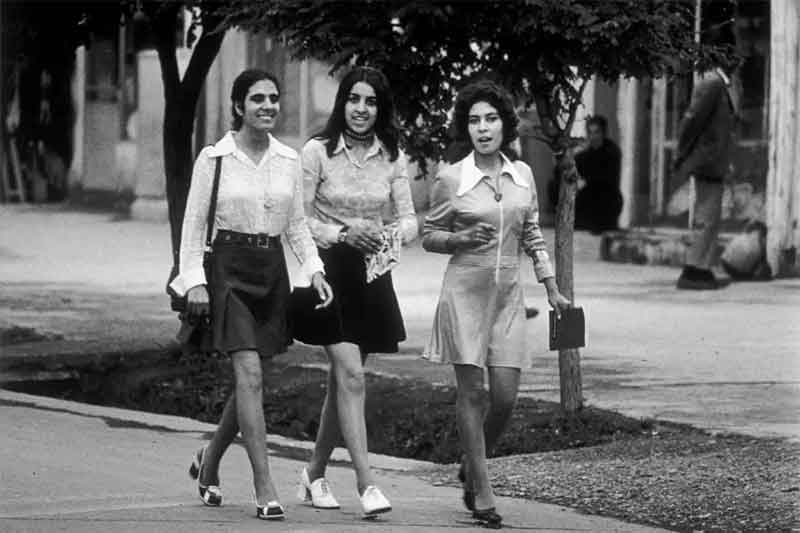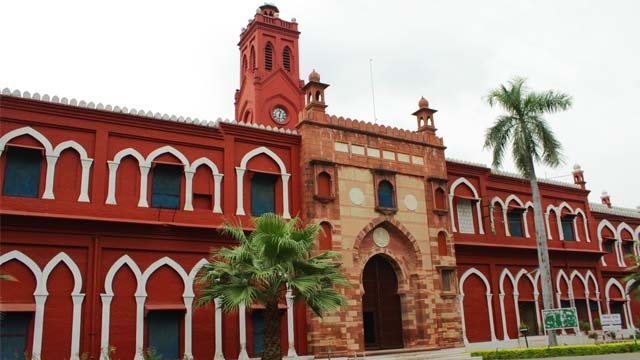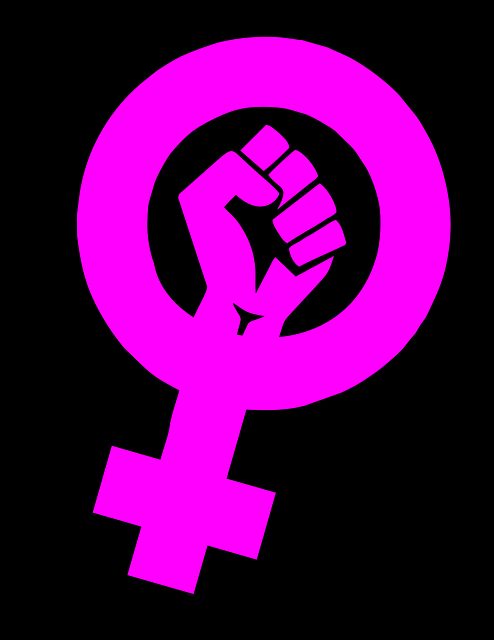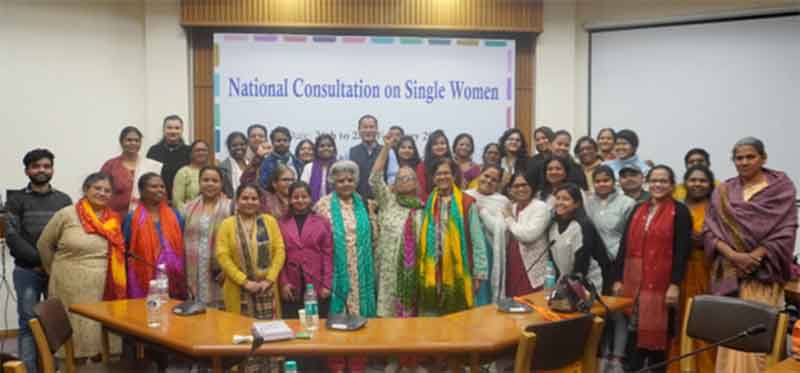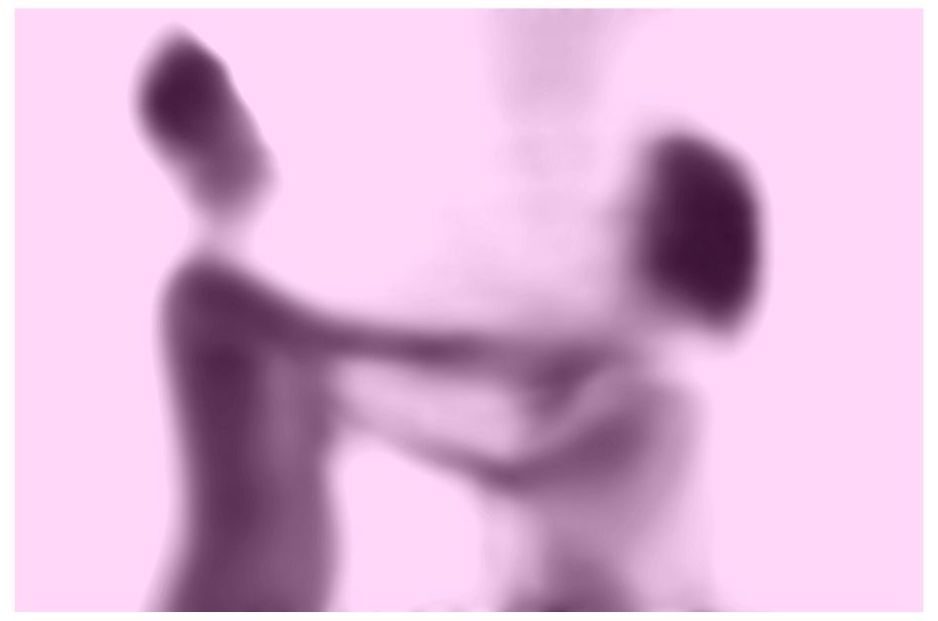
A man walks to the police station in Hardoi, Uttar Pradesh, with a severed head of his 17 years old daughter. He admitted openly that he disliked her relationship with another person. The poor girl did not have the option to ‘debate’ or discuss it with her father. This is not the first incident and cases after cases happening and Uttar Pradesh is topping which is a matter of grave concern.
As Violence against women continues in various parts of India. It is not merely the ‘outsiders’ but also their own. People are not even hesitant to kill their loved one in the name of ‘honor’. Some of these incidents recently shocked all those who watched them. One was Ayesha, a young aspiring woman in Ahmedabad who felt betrayed by her husband who she loved and then committed suicide by jumping in the Sabarmati river. The other was the helplessness of a daughter in Hatharas, whose father was killed by a person who was stalking her and attacked her father who wanted to protect his daughter. The daughter saw her father being gunned down by the thugs and the man responsible for this is absconding.
There was another incident when a girl was kidnapped in Agra and the Sanghi trolls started their hate campaign that a Muslim boy has kidnapped her but later it was found that her own friend who was in love did the same. Uttar Pradesh is actually champion in anti women violence and it is shameful that there is no word by those who are decrying Bengal or Maharashtra day in and out. A more brutal story emerged from Madhya Pradesh’s ShivPuri district where a girl was raped and assaulted brutally. There is no comment, no condemnation by those who boast their ‘achievements’ and many of those who speak of women’s rights in the ruling BJP.
It is not my point here that the violence against women has been ‘discovered’ by the BJP or Sangh Parivar and looking these issues through the prism of Congress verses BJP or Hindu verses Muslims or Dalit verses others would be grossly undermining the issue of antiwoman feudal characteristics of our society cutting across caste, religion and regional lines. There may be some difference of degree but broadly the issue remains that of women’s agency and who will decide. It is also the issue of an individual’s choice to decide about her life but somewhere social identity overwhelms all other issues putting tremendous pressure on them.
The crisis is that our political leaders and political parties look upon these issues on purely ‘individual’ basis while these are our age old ‘cultural’ issues. It is not that the violence was not there earlier but now the violence has become far more brutal and is being resisted by women. The problem is aggravated because of our selective outrage whether the ‘liberals’ or ‘Hindutva’ fanatics. Our selection of cases and vilifying the other become the most dangerous thing. Sometimes, we deliberately keep quiet.
The problem of this selective outrage is that Ayesha becomes a ‘face’ that ‘Muslims are like that’ but not Gaurav Sharma who is the accused of murdering the father of the girl in Hatharas that he was stalking. Ayesha looked dejected yet did not blame anyone. She still loved the person who betrayed her so she decided to get away. She did not want to look helpless in front of the man who she loved. The girl in Hatharas saw her father being killed brutally and truma and torture that she must be going through is extreme. She spoke loudly and clearly for the death penalty of her father’s killer. The girl in Hardoi did not get a chance to share her pain as her father killed her for his ‘ijjat’.
It is here that the strong condemnation by Asaduddin Owaisee on Ayesha’s suicide is an example. Without bringing any conspiracy theory, he was forthright in calling all the Muslims to treat their daughter better and protect them. We have not heard much from those ‘champions’ of Hindutva who day in and out have been crying about their ‘great culture’ and looking for a Muslim villain.
The commonality on all these issues is women’s assertion, identity and a feeling to decide about herself. Ayesha’s husband did not bother about her feelings and love while two other girls whose names are not disclosed here too media is expert in playing such notoriety. The names of victims or survivors if they are Dalits or Muslims come out in the media but nothing is heard about others. The Hatharas girl rejected the overtures of the boy or man who killed her father because it was unacceptable to take a ‘rejection’ message from the girl. Hardoi’s barbaric father’s ijjat was so powerful that he did not bother to kill his daughter.
Where are we heading ? As a society, we are debating to ‘correct’ others or the ‘villains’. Leaders are speaking the language of ‘thok denge’, ‘thik kar denge’ and showing their ‘valor’ in assemblies. The Supreme leader only speaks ‘positive’ and has never spoken on any issue that can ask people to desist from such things. What kind of a leadership is it which has closed its eyes on our social evils and here comes the answer. It is the leadership that is enjoying social divisions and strengthening those parochial forces which feels women’s first duty is towards home.
The other thing is with the growing pattern of violent videos being shared everywhere, I fear, there is now a normalisation of violence. This normalisation gets strengthened through justification of it and when the media is legitimising it by providing them a platform. How can you do that but then it is happening.
We all are responsible for it. Some for their conspicuous silence while others who provide a platform for them. The judiciary which asks the rapist to marry the survivor so that his job can be ‘protected’. The leaders who speak of Beti Bachao-Beti Padhao and enjoyed tremendous support in the aftermath of Nirbhaya, the campaigner during that period, all have let down because we have not addressed the issue in entirety. We are taking these cases on an individual basis as if criminals come from another planet.
This is not merely the crisis of our institutions but also much bigger. It is India’s cultural crisis where individual’s liberty and choices have become the ‘biggest threat’ to ‘society’ or ‘nation’ and our institutions have failed to protect them. The individual too is segregated here in a graded way as per his/her caste norms and police, administration, media and judiciary have their own prejudices to treat an issue. Among all the graded, women too are graded but there is a commonality among us that we don’t want to give her the right to decide or choose.
Rights of the marginalised as well as women did not come through inheritance of our ‘great culture’ but because of our constitution. Our institutions have failed because those who sit to protect it have their prior respect for their ‘religious books’ and ‘khaps’. The political class will only make violence against women issue when it is suitable to serve their ‘political interest’ and it is only possible if the ‘villain’ happen to be the ‘other’. It is time we focus on issues and bring people together as citizens so that supremacy of the constitution is maintained and justice is done to people irrespective of their caste and religious identities. Women’s Rights are human rights and must be respected by all. Will the politicians, the media, the judiciary ponder over these issues and not express its ‘outrage’ on one particular issue while keeping conspicuous silence on the other.
Vidya Bhushan Rawat is a social activist
GET COUNTERCURRENTS DAILY NEWSLETTER STRAIGHT TO YOUR INBOX

